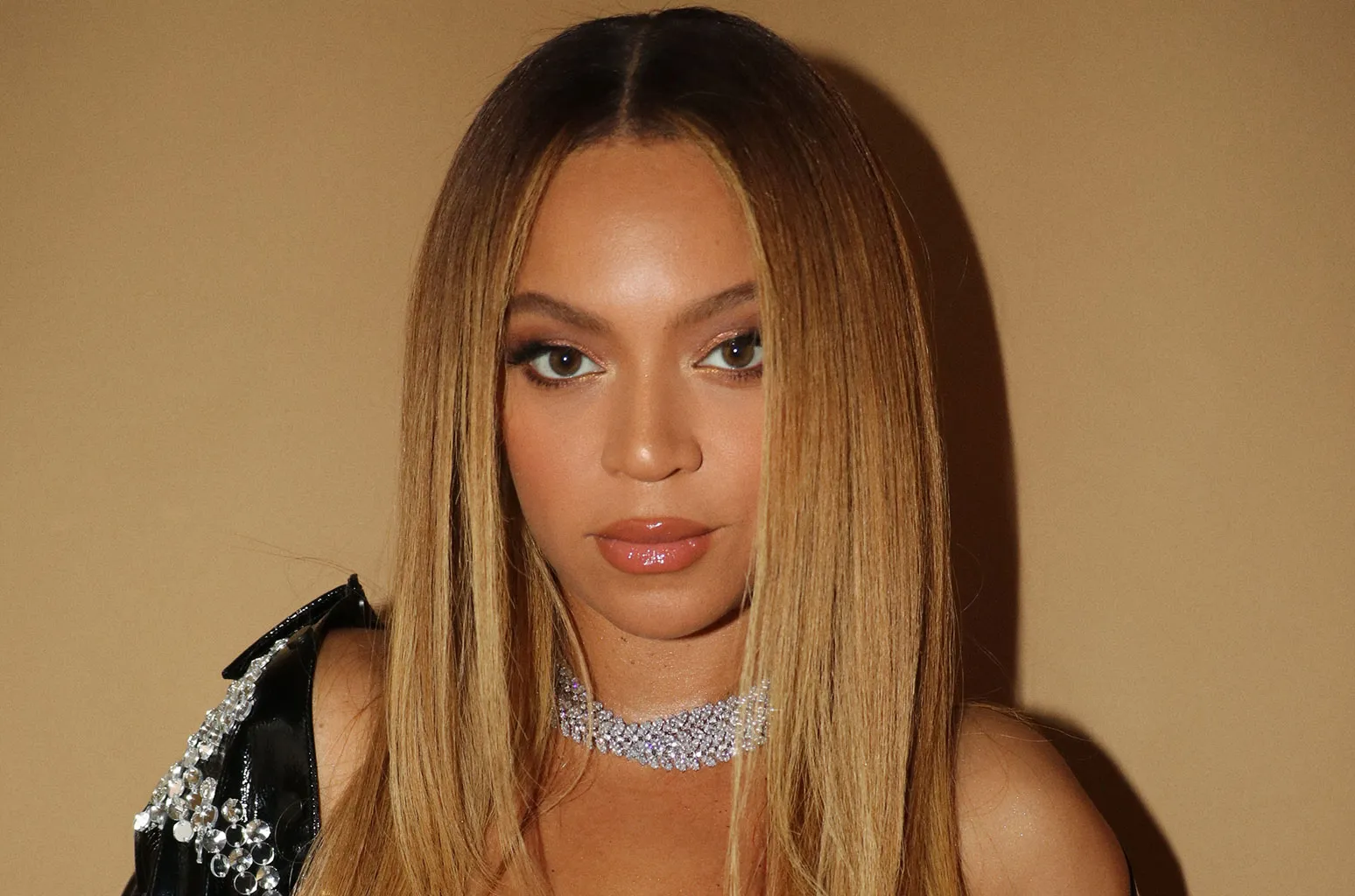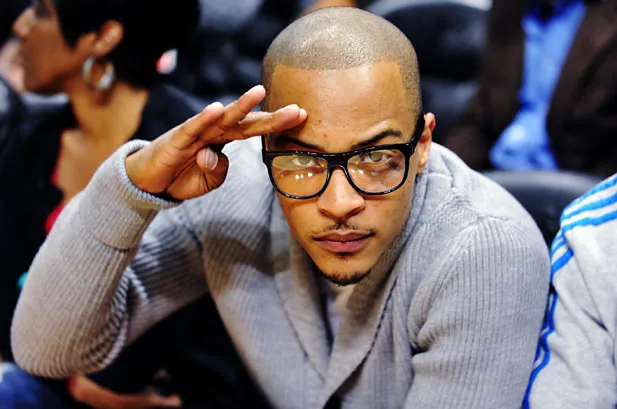
Kendrick Lamar is a G.O.A.T. contender that has made Hip-Hop culture stand at attention for the last year with a Hip-Hop battle versus another G.O.A.T. of the culture Drake. No matter how one may feel about the battle, Kendrick Lamar has taken the Super Bowl 59 stage to create a story that will change the battle rap landscape forever.
Battle Rap is a part of the Hip-Hop game where clever rhymes and theatrics have been used to 1 up a competitor with showmanship and the Super Bowl is one of the grandest stages to showcase a competitive show to dominate another rapper. After Kendrick Lamar collected 5 Grammy awards Super Bowl 59 was the next grand stage of his great career to conquer. This is an honor not many artists get to achieve and Kendrick used this opportunity to further cement his name in Hip-Hop conversation for years to come. A conversation that not only will talk about who is the greatest ever but how to use showmanship to always be remembered in the conversation.
During the show of course Kendrick did songs from his recently released album GNX. Of course Kendrick brought out his musical muse SZA to connect on the chemistry they have shown since the Marvel's Black Panther soundtrack hit "All The Stars". Those are the given, hearing good music. But the show is the key to being remembered and Kendrick did that with the many references that created a battle statement with his performance.
Samuel L. Jackson being "Uncle Sam", an American character used to give commentary to the performance, represented the sentiments of the mainstream of the music industry and America. He reminded Kendrick to "play the game", by doing his hits and giving the people what they want. Kendrick's performance was littered with references that were game changing like using the Squid Games set as a stage for his performance. The X in Squid games is a reference to end competition and it was highlighted on the stage during the performance. Kendrick Lamar had dancers dressed in the colors of the American Flag red, white and blue. The dancers not only represented the different colors of gangs in California Street culture they created the flag in symbols of joined unity and also as a separate collective to symbolize the country as well. The Game of unity and politics shown here reflects the state of the country in the new Donald Trump era of America.
With people debating if "Not Like Us" would be performed Kendrick hinted at it during the show and when it finally was played the crowd made it known that is what it came to see, the competition of Hip-Hop shown aka the hit. The Drake hate has been shown for his ability to stay at the top of the charts and this song stopped a lot of Drake's momentum. The hate for Drake has not only come from his success but the conversation has changed to his treatment of women and during the performance, an ex girlfriend of Drake, Serena Williams, made her appearance dancing in the "Not Like Us", set to make the statement of respecting the women in the culture and not using them for clout or as degraded notches under his belt. The game of optics and morality on display here.
With DJ Mustard on stage and the crowd chanting "A-Minor", Kendrick Lamar brought the battle to the mainstream and though "white mainstream America", may not understand or get it. For the Hip-Hop Kulture though, we see the play on words, the play on theatrics and we give Kendrick his just due. When you play the game there is a winner and a loser. Drake lost this battle and when the performance was over, Kendrick hit the button to signify that when the words "Game Over" appeared in the crowd. The battle in Hip-Hop went to the next level with this performance because now the evolution of the battle has taken shape. From Kool Moe Dee stepping on Kangol hats to signify his issue with LL Cool J, to the Summer Jam screen where Jay-Z went at Prodigy of Mobb Deep to claim dominance in the game. Kendrick used the biggest sporting event in North America to end a battle with a credible competitor. Even with DJ Akademiks' failed attempt to sabotage the performance by releasing the track list of the show, Kendrick made his mark and ended the battle with a smile and the words game over in the crowd.
Whether you like Kendrick or think Drake did not lose the battle, this was Hip-Hop on display and even with Lil Wayne not being chosen to perform in his home state, Hip-Hop was on full display and the world took notice. Will this performance be remembered? I believe so because it one upped showmanship and gave Hip-Hop artists another level to meet and beat when it comes to showing the world they are the best in their craft. There is only one way to secure a victory in a battle and it is to put a close on that chapter. Kendrick did that and now we wait to see what Drake will do and what is next for Kendrick Lamar and his label Pg Lang. Good job K. Dot the game is over and the conversation is finished...for now.
















































